National Plans and the beginning of the Human Rights and Business agenda in Brazil
Retrospective of the 10 years of Homa – Center for Human Rights and Business
Author: Ana Laura Figueiredo
Continuing the retrospective series on the 10 years of Homa’s activities, in which we will highlight the centre’s main achievements and involvement in the Global and National Agendas, in this post we will highlight the beginning of the Human Rights and Business agenda in Brazil, from the realization of the 1st Brazilian public hearing on the topic, and the research carried out by HOMA on the progress in the implementation of National Action Plans (PNAs).
1st Brazilian Public Hearing on Human Rights and Business
One day after the 2nd Seminar on the aftermath of the Rio Doce Dam burst, in Vitória-ES, an event organized by various institutions such as Homa, MAB and Organon, the Federal Attorney for Citizens’ Rights (PFDC) of the Federal Public Ministry held the 1st Brazilian Public Hearing on Human Rights and Business on November 8, 2017 at the Federal University of Espírito Santo (UFES).
The hearing represented a milestone in discussions on the topic in the National Agenda by giving primacy to the participatory democratic regime, in view of the obstacles of corporate capture, the disparity of forces between those involved in the agenda, and the predominance of voluntary norms. In order to achieve these objectives, the public hearing, which is provided for in laws that regulate the work of the Public Prosecutor’s Office, must ensure the existence of a space with equal speech, which allows the effective manifestation and participation of those involved, carry out prior and wide dissemination of the event, and choose times and places that allow the presence of a larger number of people.
On that day, representatives from different sectors participated, in addition to the relevant contributions provided through the personal reports of the affected men and women present. However, it is worth mentioning the low participation of representatives of the business sector and some public entities, which reveals the discomfort of the occurrence of the debate in non-captured environments that try to preserve the symmetry between the parties. At the end of the hearing, a member of the PFDC reinforced the need to overcome voluntary regulations to ensure greater balance in disputes, thus criticizing the construction of National Action Plans, which disregard the accumulation of civil society and are made ‘from top to bottom’. This criticism is important for a better understanding of the National Action Plans and the work carried out by HOMA on the subject.
National Action Plans and the performance of HOMA
The National Action Plans can be defined as a mechanism for internalizing the Guiding Principles created in 2011 by John Ruggie. This incentive began to be propagated in 2012 through the UN Working Group on Business and Human Rights. In addition to the weaknesses already demonstrated by the principles, the construction of the PNAs began to point out the existence of two possible processes, a participatory democratic one, in which there would be consultation and participation of civil society, and another neoliberal one, whose main objective would be to supply the demands of an economy global capitalist.
In this sense, the first Plans began to be created, the first being in the United Kingdom. They were joined by the Netherlands, Denmark, Finland, Lithuania, Sweden, Norway, as well as Latin American countries such as Chile, Mexico, and Colombia. Based on them, HOMA carried out two research, one on the contributions to the Brazilian reality with the mention of the European Plans and the other with an analysis on the Latin American Plans. Both analyses contributed to reinforcing the understanding on the existing problems, since the PNAs failed to hold companies accountable for the dissemination of voluntary guidelines, reinforce corporate social responsibility, and do not include civil society in the discussions, which leads to the approval of generic texts that do not ensure ample access to justice or any equality of power between those involved.
Along with these problems identified from the analysis of the PNAs, in the scenario of the Global Agenda, in which the Binding International Treaty is still under discussion, what is perceived is the questioning of its pertinence by countries that adopted these guidelines. In addition to this disincentive, the current reality of finding the failure and lack of effectiveness of its implementation only generated a change in discourse after the approval of due diligence laws, which, despite being binding, are still not capable of predicting all the aspects discussed under the Treaty.
In the next post, the last in this series of the retrospective of the 10 years of Homa – Centre for Human Rights and Business, we will address the current state of the agenda in Brazil through reflections on Decree 9571/2018 and on Homa’s performance in the preparation of Resolution nº 05/20 of the National Council on Human Rights and Law Bill 572/2022.
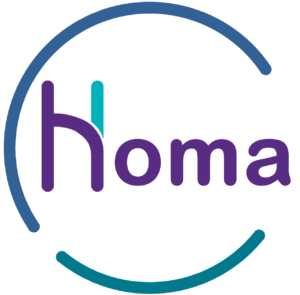
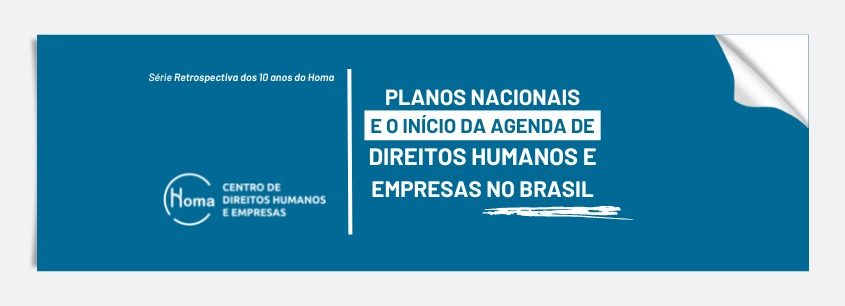
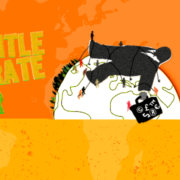

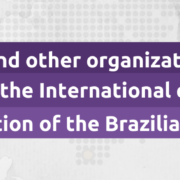
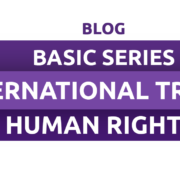
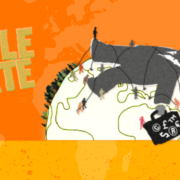

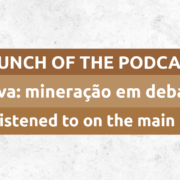



Leave a Reply
Want to join the discussion?Feel free to contribute!